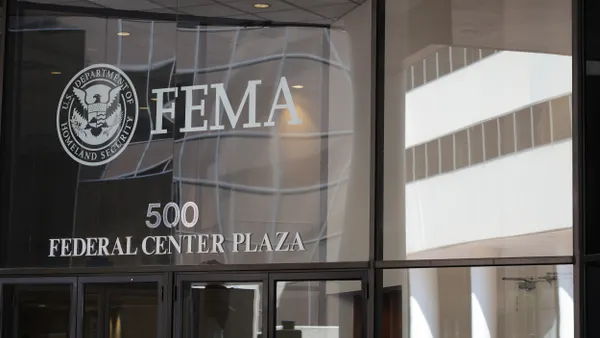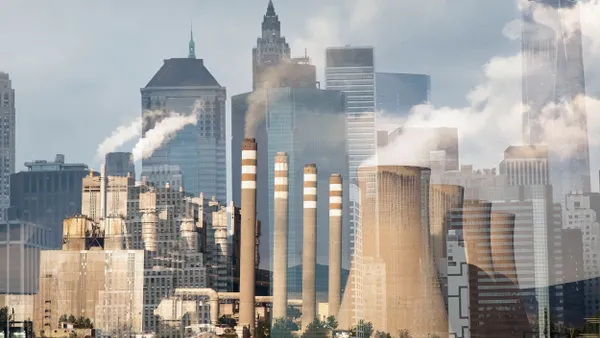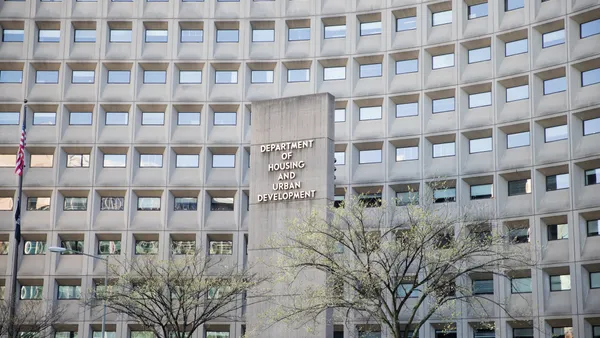Dive Brief:
- Microsoft announced in a blog post on Monday that it is committing $50 million over the next five years to provide artificial intelligence (AI) technology to organizations that focus on climate change, water, agriculture and biodiversity.
- The commitment is part of the company's AI for Earth program, which launched in July and has already awarded 37 grants to individuals and organizations across more than 10 countries. Past grant recipients include the Southern California Coastal Water Research Project, the Chesapeake Conservancy and the International Center for Tropical Agriculture.
- In the blog post, Microsoft President and Chief Legal Officer Brad Smith said, "When we think about the environmental issues we face today, science tells us that many are the product of previous Industrial Revolutions. As we enter the world’s Fourth Industrial Revolution, a technology-fueled transformation, we must not only move technology forward, but also use this era’s technology to clean up the past and create a better future."
Dive Insight:
Seed grant recipients are given access to the Microsoft Azure public cloud, which allows users to build apps and solutions with AI services and various mapping tools. Azure has been compared to the Amazon Web Services cloud, which cities including Louisville, KY are using to build management systems that can control traffic or mitigate the impact of city infrastructure.
With this investment announcement, cities have a significant opportunity to adopt AI-based solutions into city planning — a trend that has already been practiced and is likely to grow exponentially in coming years. In October, the Maryland Department of Transportation State Highway Administration invested $50 million in AI-based traffic signals, and a city-operated health district in Nevada recently directed restaurant inspectors to use AI to better target violations.
However, the possibilities are not only beneficial to improve machine operations. A Deloitte study from April indicated that AI tech could help free up 30% of government workers' time within 5-7 years, which could improve overall efficiency and progress of city projects.
The significance of this investment announcement, however, is its focus on climate change. The announcement marks the two-year anniversary of the Paris climate accord, and Microsoft's focus on maintaining the goals of that accord fall in line with the goals of many U.S. municipalities, despite President Trump's decision for the U.S. to exit the accord earlier this year. For cities that are hoping to pursue climate-related initiatives but are not sure how, the Microsoft AI for Earth program is a potential starting point.










